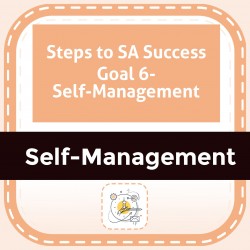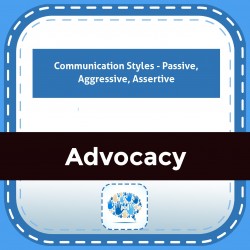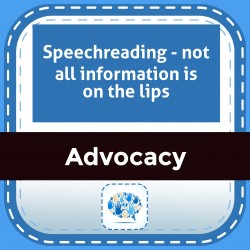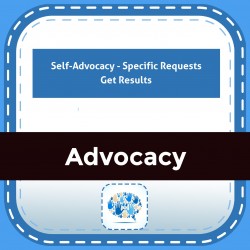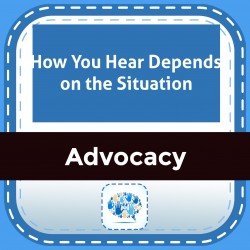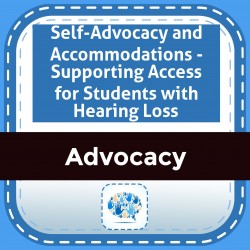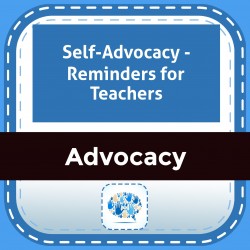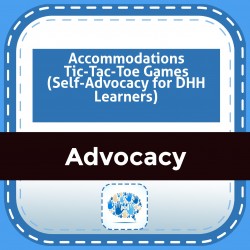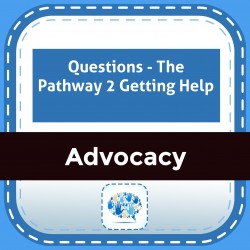Ability Levels
Categories
Resource Types
Age/Grade Range
CCSS
Anchor Standard
Speaking & Listening
Language
Reading
Steps to SA Success Goal 6- Self-Management
$ 3
Success in advocacy requires forethought and planning. The knowledge of problem-solving skills combined with an understanding of emotion-based behavior (Goal 4) are used in decision making and self-ma
...
nagement. Decisions are different from problems in that there is personal interest in the outcome. Students will understand the difference between qualitative and quantitative information and how it relates to decision-making.
Communication Styles - Passive, Aggressive, Assertive
$ 295
This
packet of instructional materials teaches the advantages and disadvantages of
different communication styles, specifically responding passively,
aggressively, or assertively when you
...
do not understand something that was said. Includes assessments and teaching
materials. From Building Skills for Success in the Fast-Paced Classroom.
Speech reading - not all information is on the lips
$ 0
Summary of information about speECH-reading and its effectness to aid comprehension. Includes links to video examples, information about assessment, and methods to teach speECH-reading.
Self-Advocacy - Specific Requests Get Results
$ 0
This
article discusses the need to self-advocacy in situations of communication
breakdown. There is a specific requests discussion guide and examples of
specific requests.
...
How You Hear Depends on the Situation
$ 1
How You Hear Depends on the Situation is an instructional worksheet activity in which the student must 1) identify the level of difficulty of listening challenges, 2) provide an example of when they e
...
xperienced such a situation, 3) come up with examples of what they can do in response to the situation and 4) identify what they could ask their teacher, friends or family to do. A good teaching tool or progress monitoring activity after self-advocacy strategy instruction. From Building Skills for Success in the Fast-Paced Classroom.
Self-Advocacy and Accommodations - Supporting Access for Students with Hearing Loss
$ 0
Information to be considered by DHH teachers and school teams listing possible accommodations and self-advocacy expectations in the areas of a) communication access, b) communication interaction, c) a
...
dditional supports, d) special considerations.
Self-Advocacy - Reminders for Teachers
$ 0
Ideas for fun activities for students to do to help their teachers understand their hearing needs. Teach students how to share practical information about themselves and their hearing loss with adult
...
s.
Accommodations Tic-Tac-Toe Games (Self-Advocacy for DHH Learners)
$ 4
Use this product to engage your students in a game while teaching them important terms/vocabulary that will help them to develop their self-advocacy skills.This resource contains 3 completed Tic-Tac-T
...
oe Boards and one blank board for you to use to create your own game. Each board contains a variety of definitions in simple terms to help DHH students understand the meaning behind accommodations and modifications-related vocabulary words. Each board is paired with a list of terms/phrases that can be matched to the definitions given on the board. The accommodations on ones that are commonly used in IEPs for DHH students.This product is perfect for middle school age students and up!
Questions - The Pathway 2 Getting Help
$ 0
This
article focuses on how a student can appropriately ask questions in the
classroom when they miss information or need help in a situation. Example
situations are listed with a step-by
...
-step process for student learning.
 Your browser is out of date. For best experience switch to latest updated Browser.
Your browser is out of date. For best experience switch to latest updated Browser.
 Get Chrome
Get Chrome Get Edge
Get Edge Get Firefox
Get Firefox